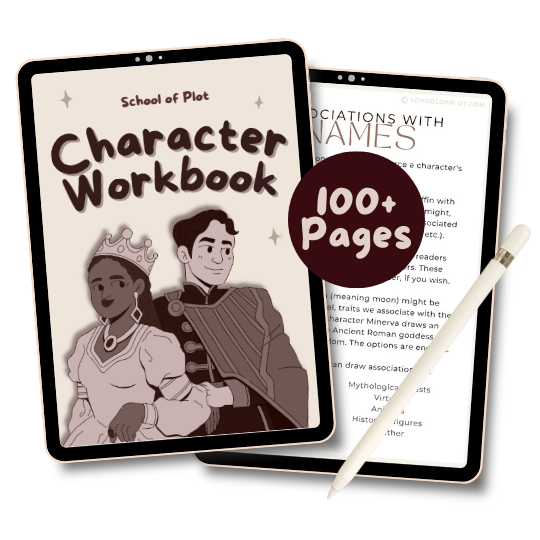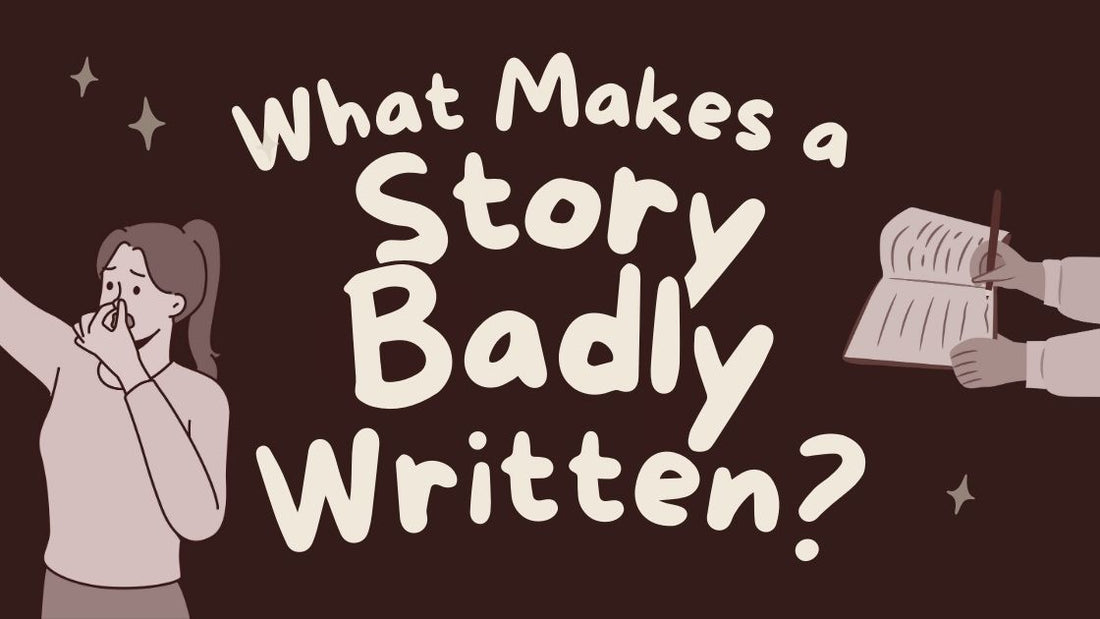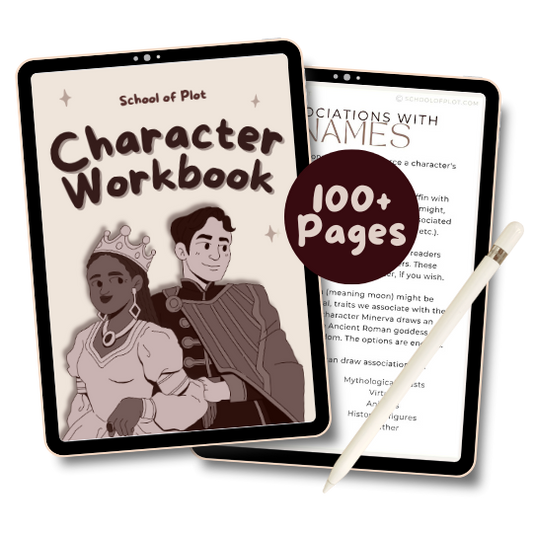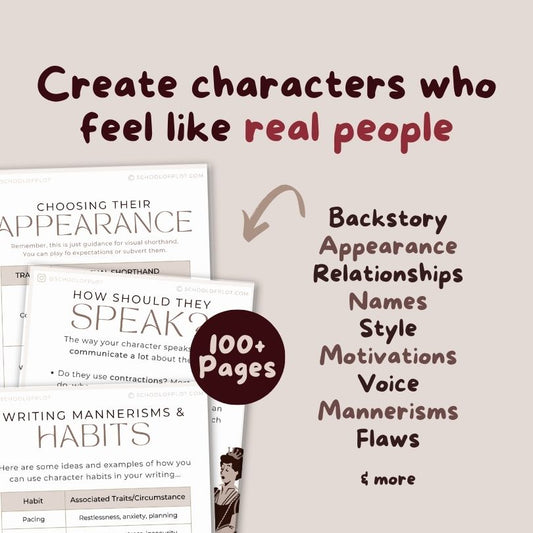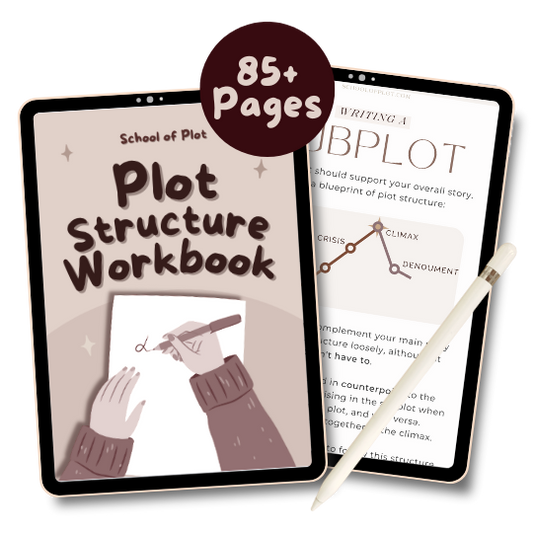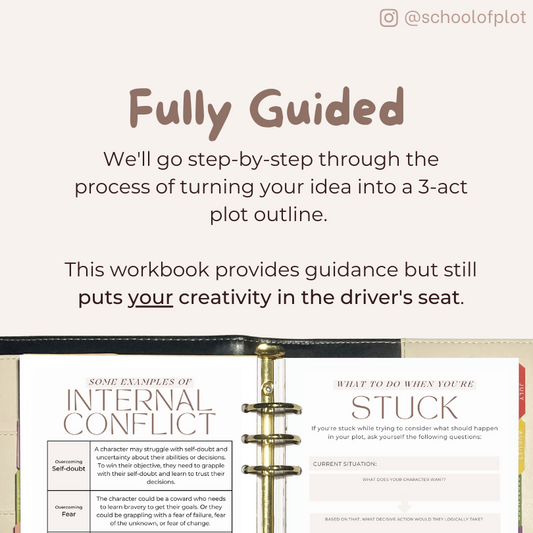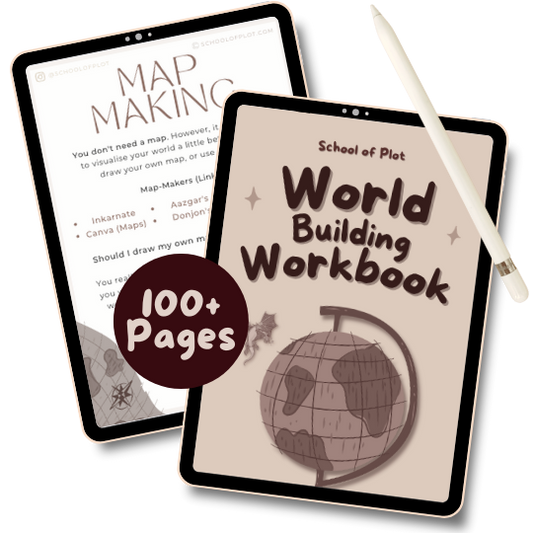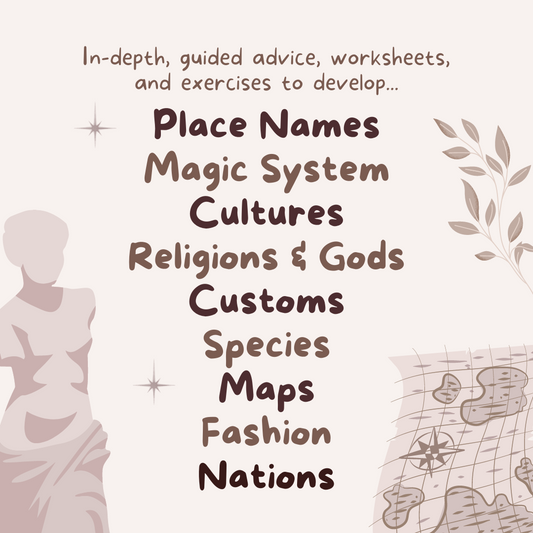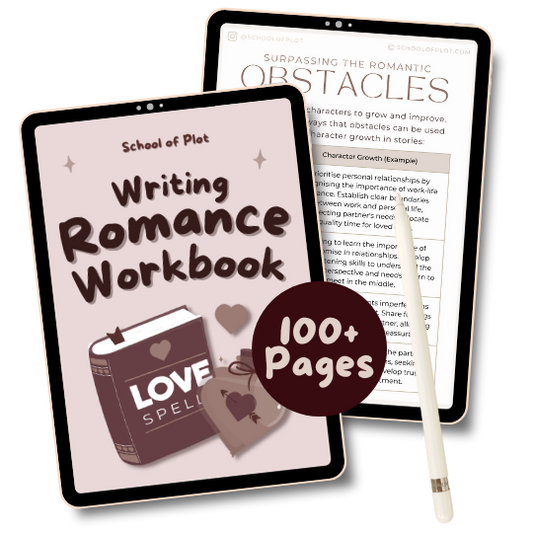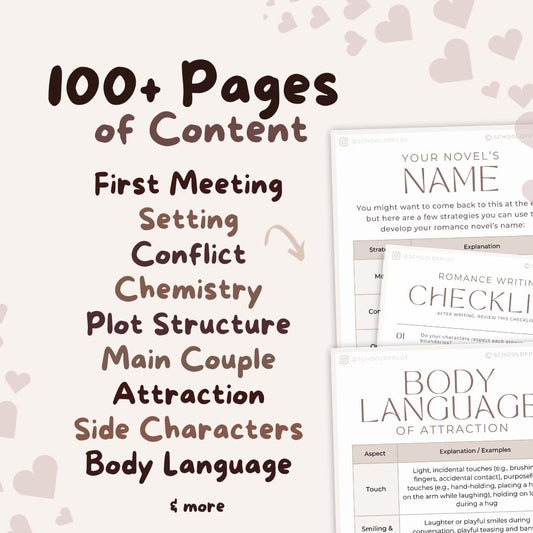This post shows the results of a question box from my Instagram story. These are people’s subjective opinions.
I counted up the responses to make a numbered list. This post doesn’t attempt to provide either objective flaws.or an exhaustive list of writing blunders.
1. Information Dumps
Instead of integrating information in a natural way, the writer dumps a bunch of it onto you. Instead of letting us learn about the complex politics of a fantasy kingdom by watching them play out, a writer stops the story to spend paragraphs explaining those politics to us, textbook-style.
2. Stiff / Clunky Dialogue
The dialogue feels forced, stiff, clunky, or “feels written”. It may serve to awkwardly deliver exposition. Characters may randomly spout quotable lines that don’t fit their voice.
3. Lack of Description
Lack of description can lead to White Room Syndrome (I’ve got a post explaining that). It’s not immersive, and can lead to readers struggling to visualise your story. They may feel like scenes are taking place in a void.
4. Telling, Not Showing
This means the writer insists information without providing evidence. They. may insist “he was sad”, when instead they could’ve shown the character crying and have the reader infer their sadness.
5. Flat Protagonists
Main characters who lack depth and undergo no development throughout the story. They may be stereotypical, or based on cliches. Generally, they just exist to serve the plot, and don’t come across as nuanced or believable.
Write consistent, realistic characters with the Character Workbook.
6. Inconsistencies
A lot of you specifically wrote “glaring inconsistencies”. Things like plot holes, continuity errors, tense inconsistency, or inconsistent character traits and motivations.
7. Passive or Distancing Language
“He heard the bell” instead of “the bell clanged”. This distancing language makes the events less direct and immersive (which can also be done intentionally, just to note).
Passive language follows a similar vein. “He was smacked by the bin goblin.” as opposed to “The bin goblin smacked him.”
9. Over-reliance on Tropes / Archetypes
...without a willingness to dive deeper when it’s needed. For example, the love interest is assigned the ‘tortured bad boy’ trope but it’s not explored further, or the protagonist is assigned the ‘sunshine’ trope but lacks dimension. Relying on tropes to do the heavy lifting without engaging deeper.
10. Rushed or Dragging Pacing
The story moves too quickly for any scenes to land with impact, OR the story drags at a torturously slow pace.
For more writing content, check out Writing Club by School of Plot, my writing podcast. It's available on:
